Geschichten vom Kübelkind
Stories of the Dumpster Kid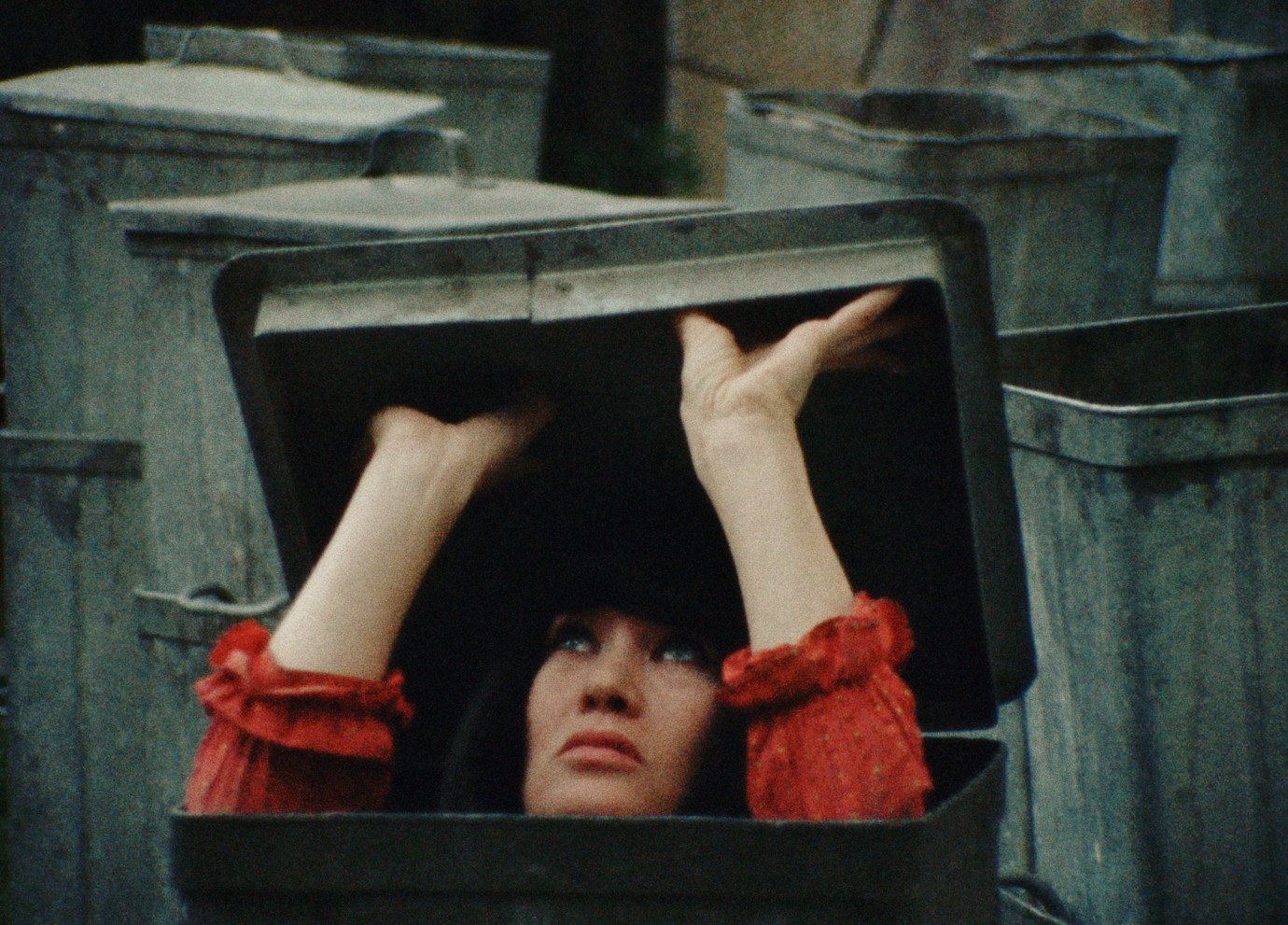

Kristine de Loup
Geschichten vom Kübelkind | Stories of the Dumpster Kid by Edgar Reitz, Ula Stöckl
DEU 1971, Forum
© Edgar Reitz Filmstiftung
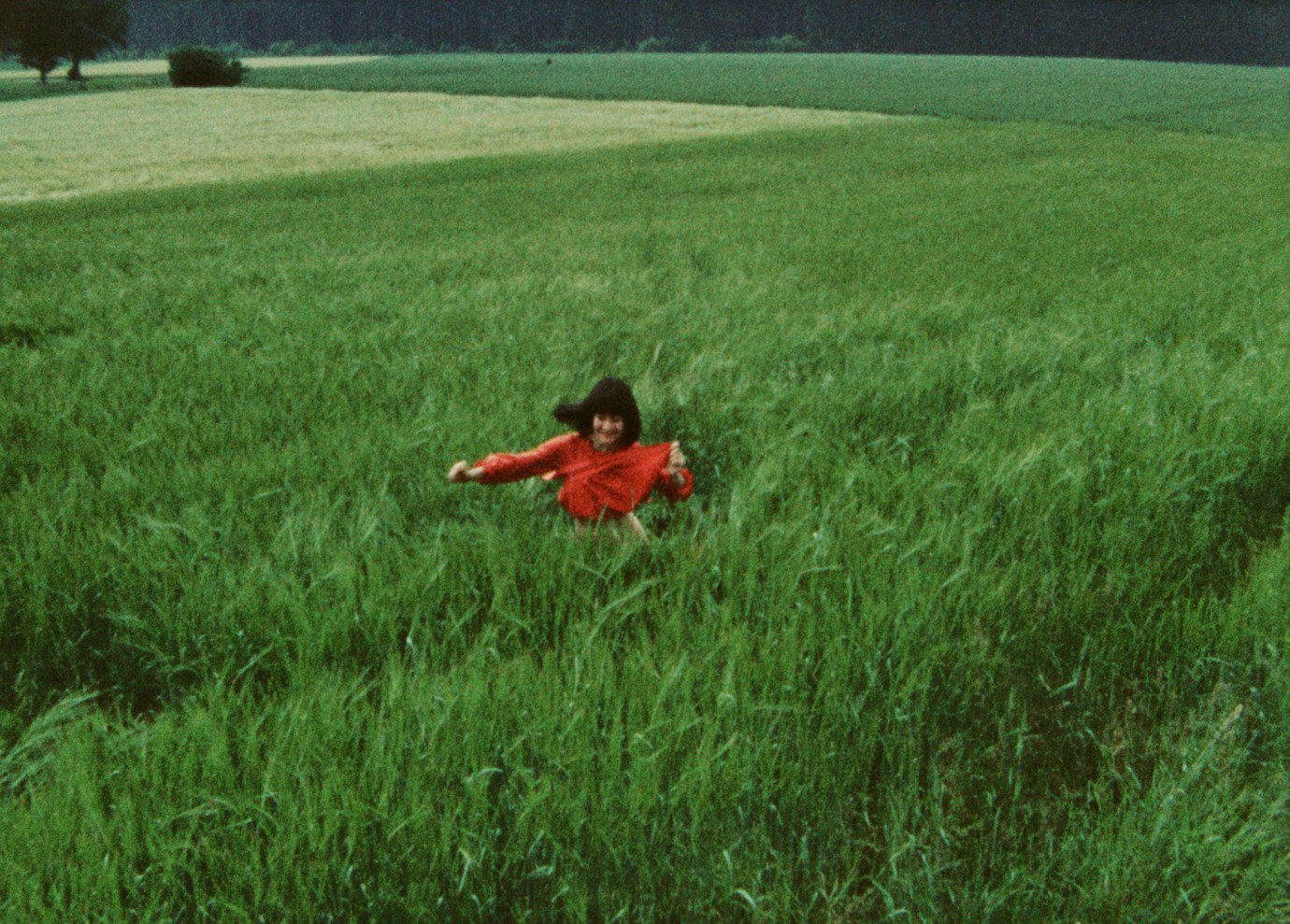
Kristine de Loup
Geschichten vom Kübelkind | Stories of the Dumpster Kid by Edgar Reitz, Ula Stöckl
DEU 1971, Forum
© Edgar Reitz Filmstiftung
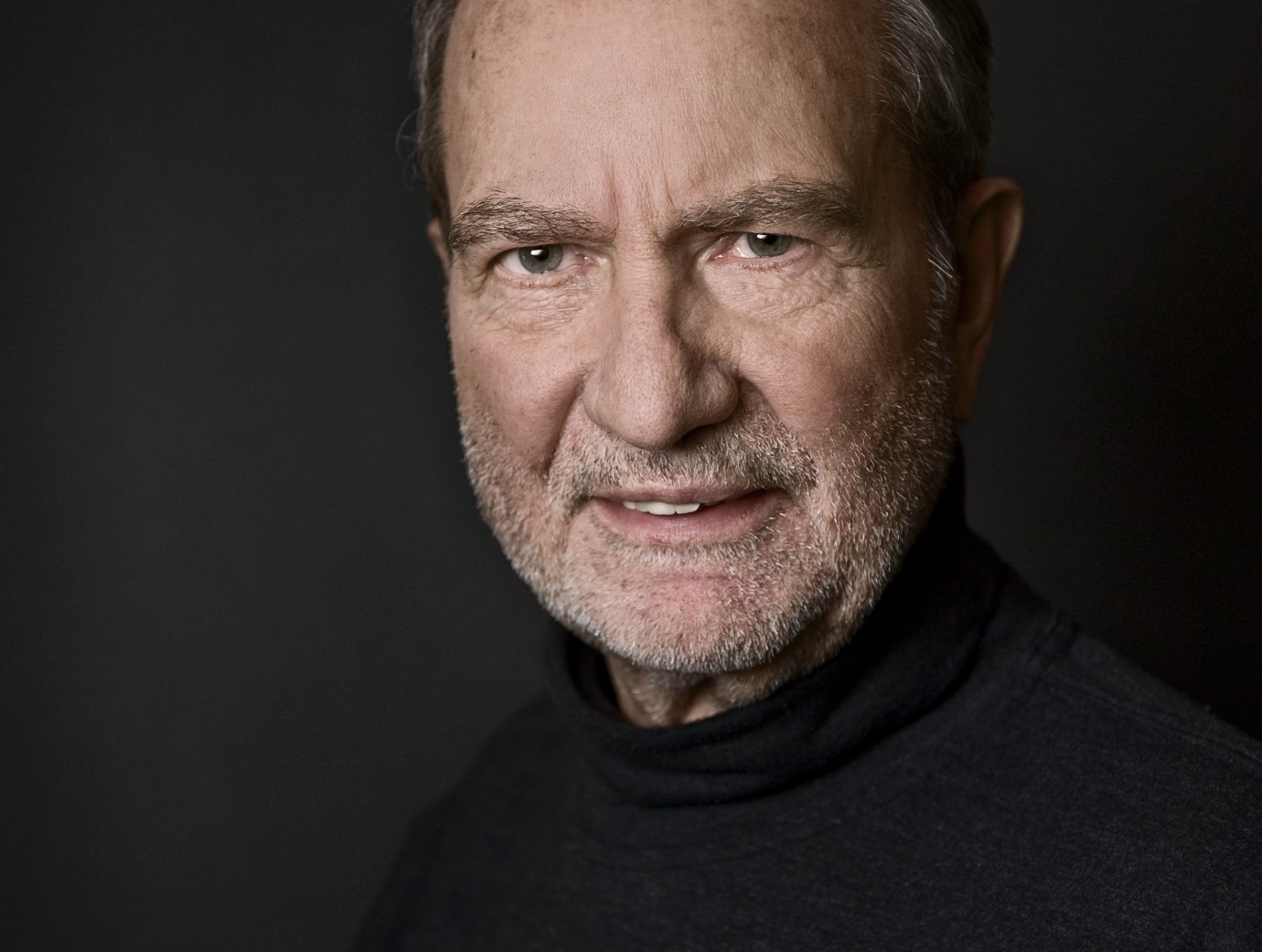
Edgar Reitz
Geschichten vom Kübelkind | Stories of the Dumpster Kid by Edgar Reitz, Ula Stöckl
DEU 1971, Forum
© C.A.HELLHAKE DIETRAMSZELL 2009
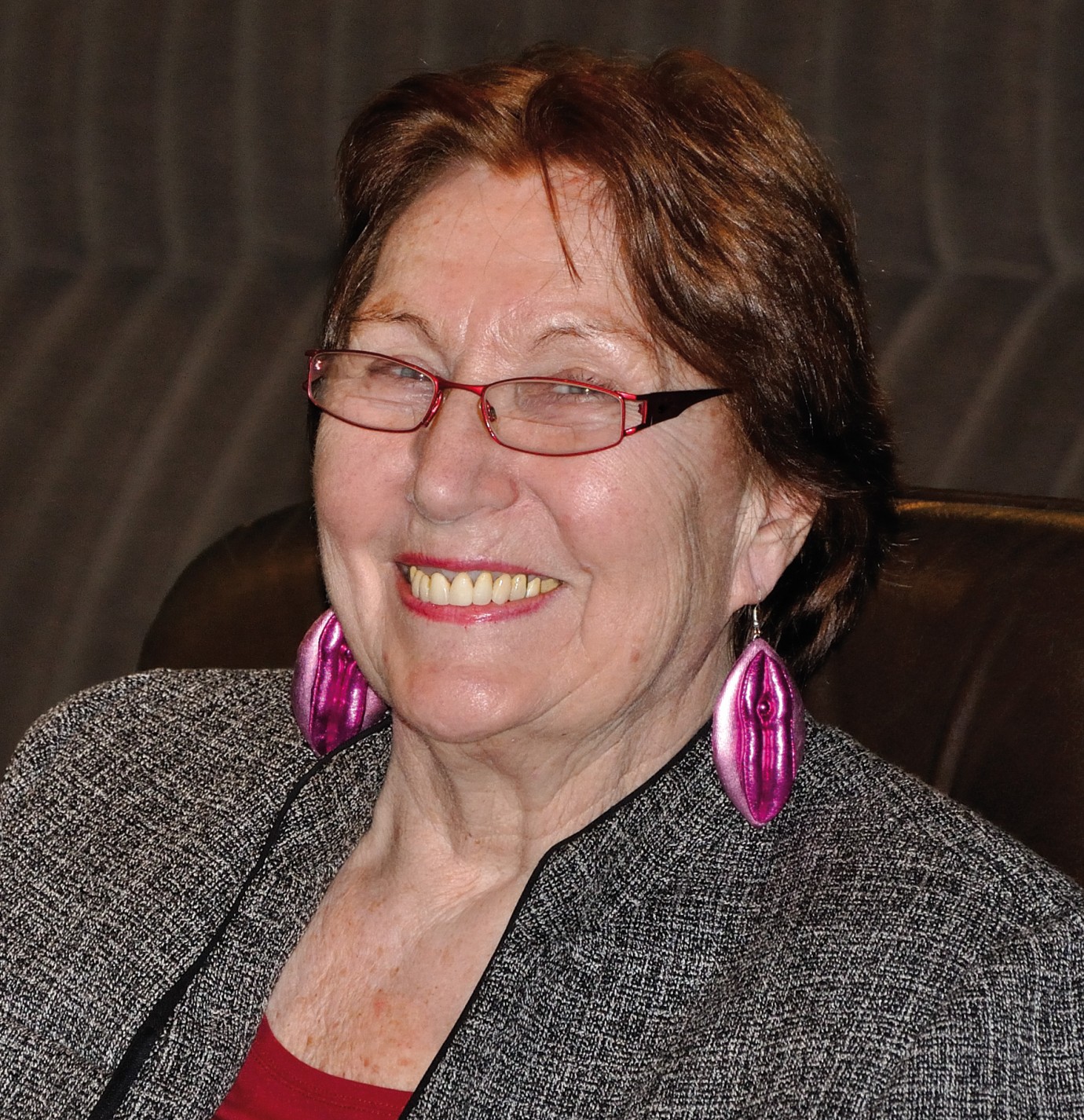
Ula Stöckl
Geschichten vom Kübelkind | Stories of the Dumpster Kid by Edgar Reitz, Ula Stöckl
DEU 1971, Forum
© jeanne.richter@posteo.de
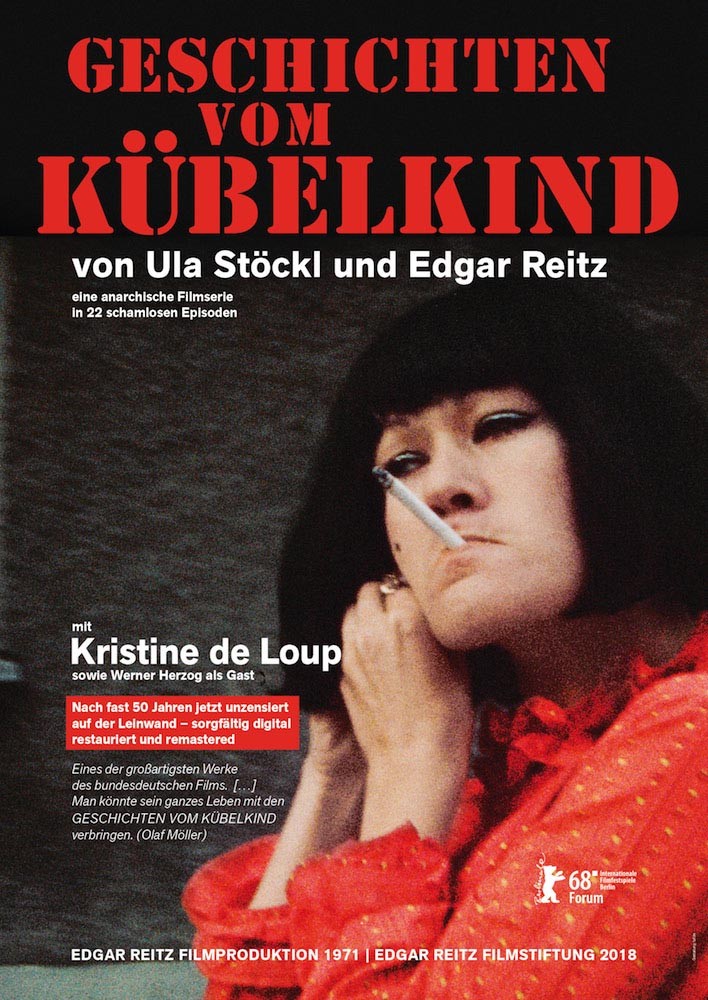
Geschichten vom Kübelkind | Stories of the Dumpster Kid by Edgar Reitz, Ula Stöckl
DEU 1971, Forum
Ula Stöckl and Edgar Reitz made Geschichten vom Kübelkind in 1969 entirely with their friends, taking on a radical position outside the standard cinema system with their series of 25 16-mm shorts of different lengths. Guests at a pub-cum-cinema in Munich could select the episodes they wanted to watch from a menu.
The Geschichten vom Kübelkind were shown at the very first edition of the International Forum of New Cinema in 1971. Now the series has been digitally restored and will screen alongside Robert Fischer’s documentary Der Film verlässt das Kino: Vom Kübelkind-Experiment und anderen Utopien.
With
- Kristine de Loup (Das Kübelkind)
- Bruno Bendel (Kreditfachmann)
- Alf Brustellin (d'Artagnan / ein guter Mensch)
- Ilse Brustellin (Schwiegermutter)
- Hans-Heinrich Brustellin (Schwiegervater / Graf Rochefort)
- Antje Ellermann (Hebamme)
- Heidewig Fankhänel (Frau Dr. Wohlfahrt)
- Peter Finkenstaedt (der junge Mönch)
- Jacques Freers (Lord Winter)
- Werner Herzog (Hurenmörder)
Crew
| Written and Directed by | Edgar Reitz, Ula Stöckl |
| Cinematography | Edgar Reitz |
| Editing | Jessy von Sternberg |
| Music | Ekkehart Kühn |
| Sound | Guido Reitz |
| Producer | Edgar Reitz |
World Sales
Edgar Reitz Filmstiftung
Produced by
Edgar Reitz Filmproduktion
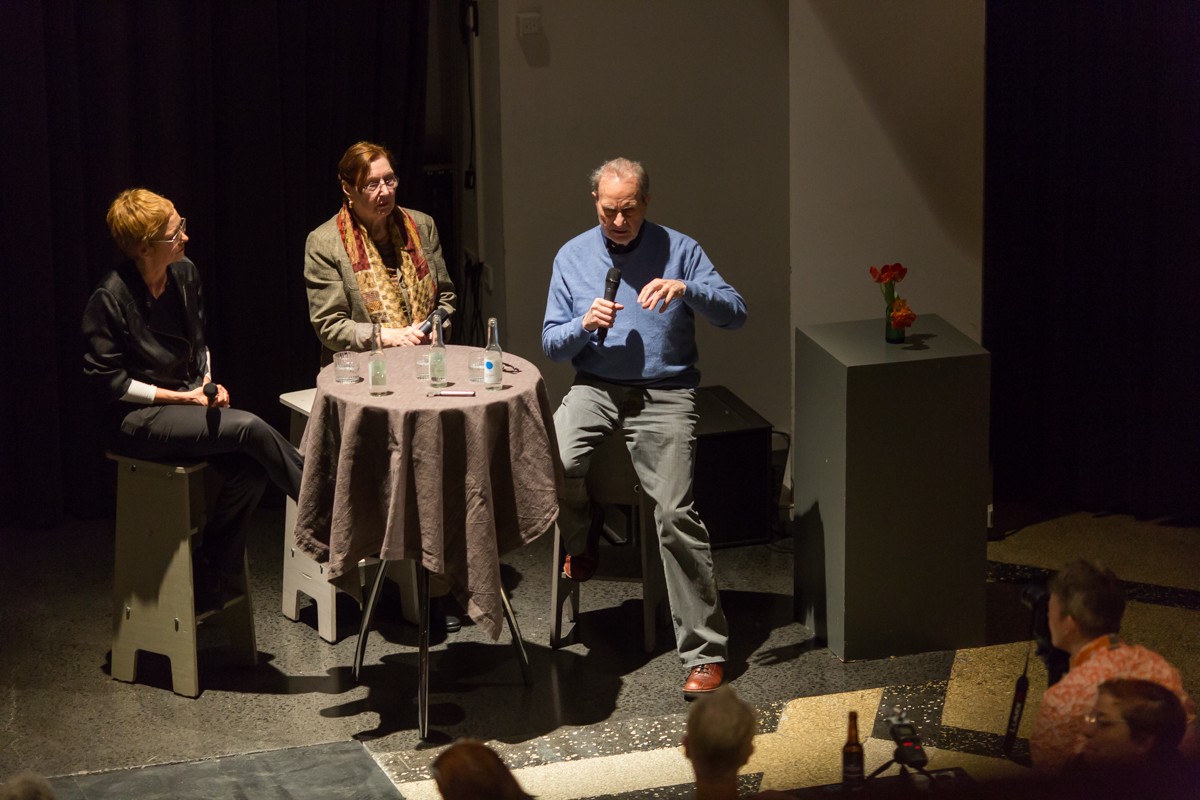
Stefanie Schulte Strathaus, Ula Stöckl, Edgar Reitz
The section head of Forum Expanded with the two directors.
Geschichten vom Kübelkind · Forum · Feb 19, 2018

Pub-cum Cinema
In the silent green Kulturquartier.
Geschichten vom Kübelkind · Forum · Feb 19, 2018
Edgar Reitz
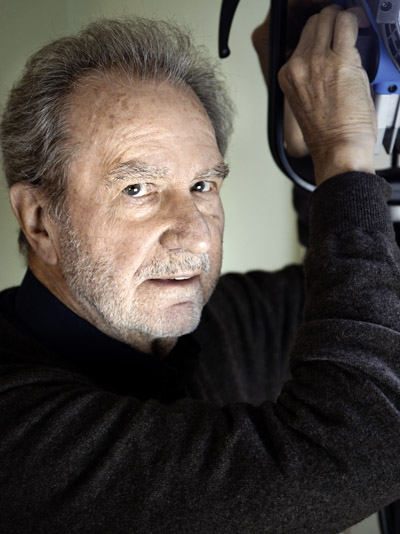
The filmmaker and writer was born in Morbach, Germany in 1932. He is a member of the Oberhausen Group that, in 1962, initiated the German auteur film. His feature, documentary and experimental films including Die Reise nach Wien, Stunde Null and the Heimat trilogy garnered great international attention and received numerous awards. He is currently preparing his new feature film project about the polymath Gottfried Wilhelm Leibniz.
Filmography
1967 Mahlzeiten · Fußnoten 1968 Filmstunde 1969 Cardillac 1971 Kino zwei · Geschichten vom Kübelkind; co-director: Ula Stöckl 1972 Das goldene Ding; co-directors: Alf Brustellin, Nikos Perakis, Ula Stöckl 1973 Die Reise nach Wien 1977 Stunde Null 1979 Der Schneider von Ulm 1981 Geschichten aus den Hunsrückdörfern 1984 Heimat – eine Deutsche Chronik; 11 parts 1992 Die zweite Heimat – Chronik einer Jugend; 13 parts 1995 Die Nacht der Regisseure 2004 Heimat 3 – Chronik einer Zeitenwende; 6 parts 2006 Heimat – Fragmente – Die Frauen 2007 Ortswechsel 2013 Kafka geht ins Kino · Die andere Heimat 2024 Filmstunde_23; co-director: Jörg Adolph
Bio- & filmography as of Berlinale 2024
Ula Stöckl
Born in Ulm, Germany in 1938, she studied languages in London and Paris. Afterwards she studied at the Institut für Filmgestaltung in Ulm. She has also directed television films and theatre. Ula Stöckl is an associate professor at the University of Central Florida in Orlando.
Filmography (selection)
1968 Neun Leben hat die Katze; 86 min., Retrospective 1977, Classics 2015 1972 Das goldene Ding; 90 min., Forum 1972, co-directed by Alf Brustellin, Nikos Perakis, Edgar Reitz 1974 Ein ganz perfektes Ehepaar; 90 min., Berlinale 1977 1976 Erikas Leidenschaften; 64 min., Forum 1977 1984 Der Schlaf der Vernunft; 82 min., Forum 1984 · Jakobs Tauben; Forum 1984, 45 min. 1991 Das alte Lied; 82 min., Forum 1992 2015 Die Widerständigen „also machen wir das weiter ...“; 87 Min., Panorama 2015, co-directed by Katrin Seybold
Bio- & filmography as of Berlinale 2019
